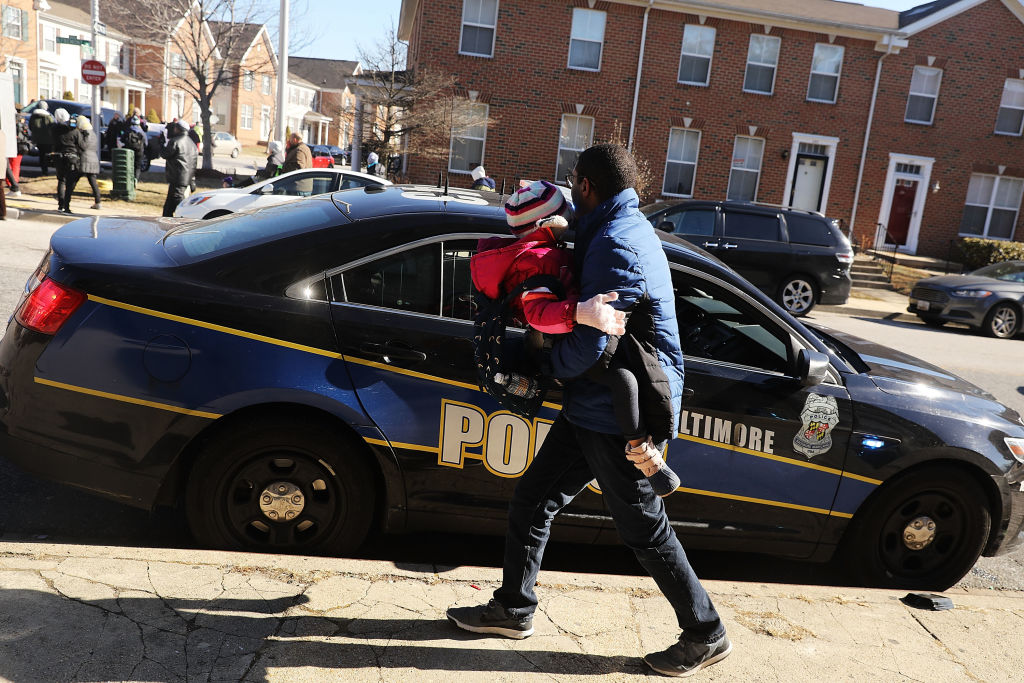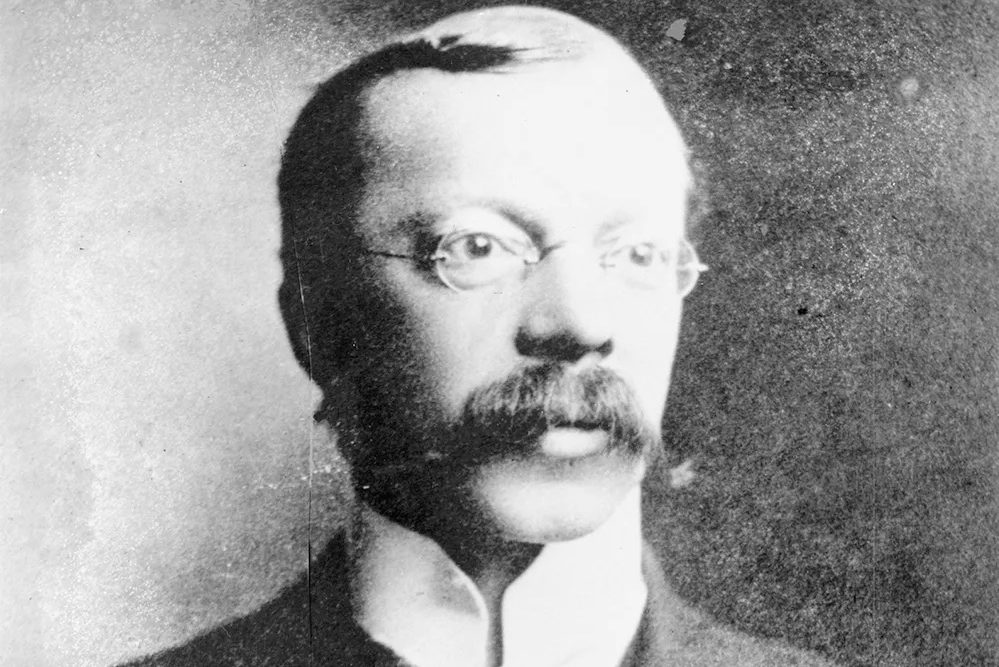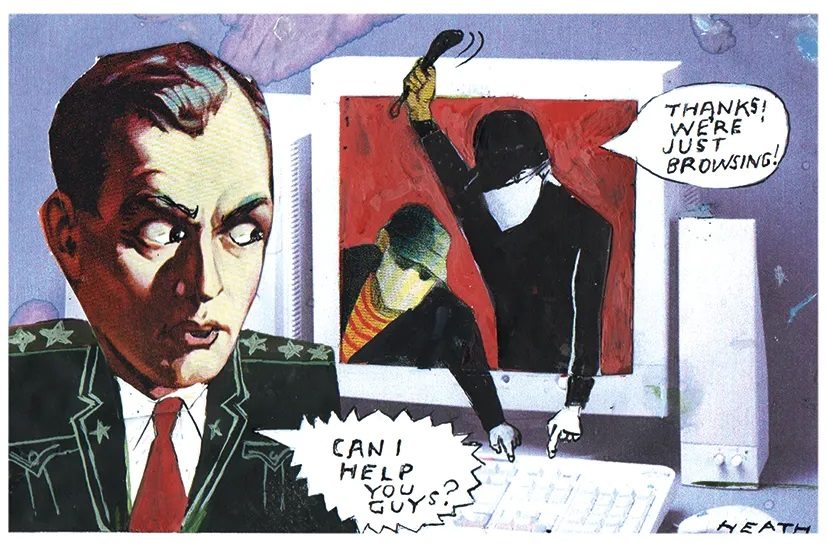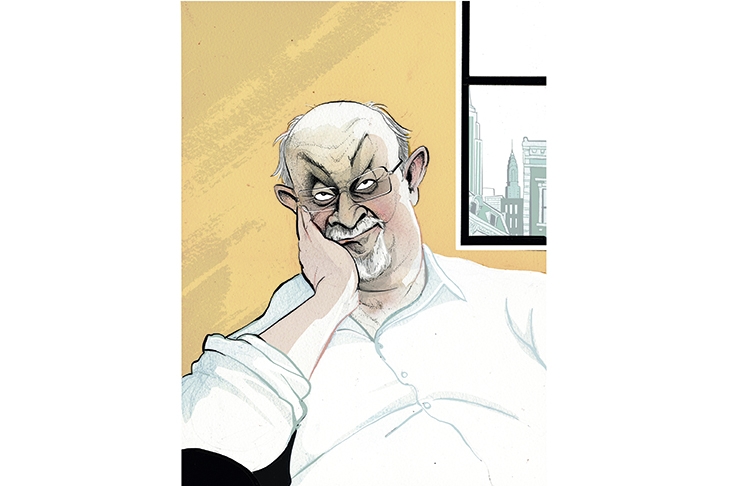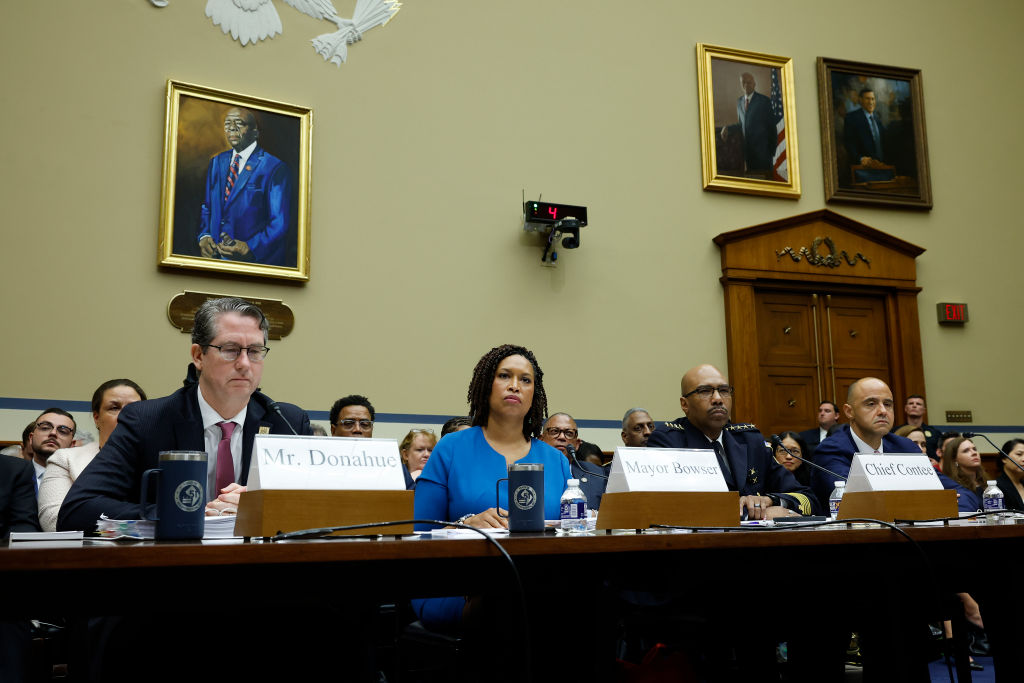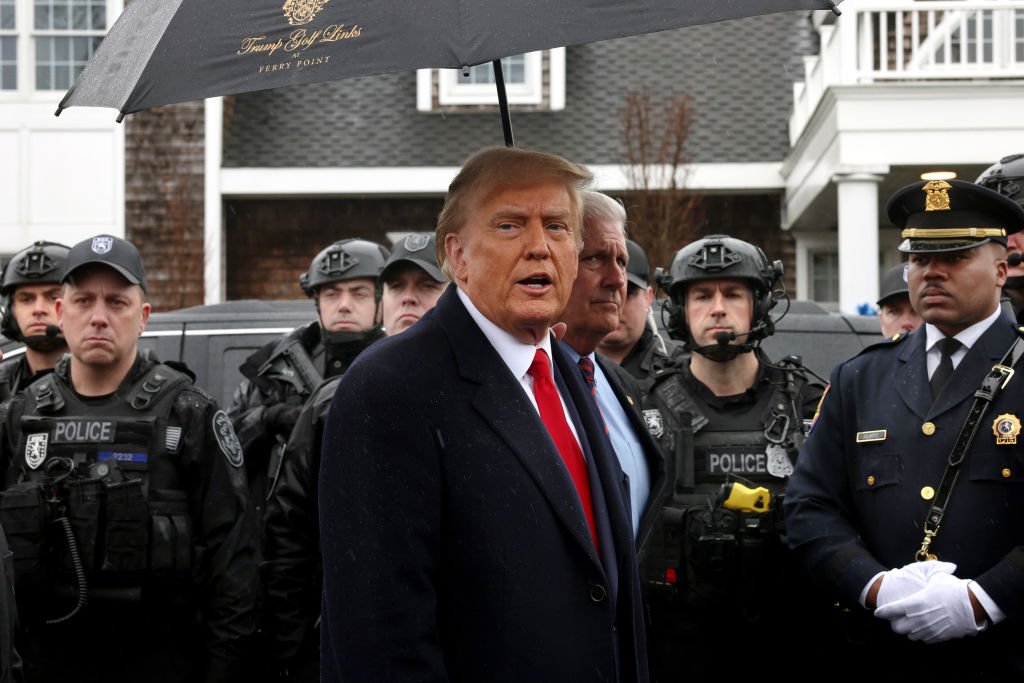Baltimore has the highest murder rate in the country, so one would imagine the state’s legislators would be seeking ways to get tough on violent criminals and safeguard the city’s residents. Instead, nine members of the Maryland House of Delegates, all Democrats, have co-sponsored a bill designed to benefit young killers. The deceptively named Youth Accountability and Safety Act (HB 1180) prevents prosecutors in the state from charging anyone under the age of twenty-five with first-degree murder.
Under Maryland law, first-degree murder includes premeditated murder, along with various other types of murders, including those committed while perpetrating arson, rape, burglary, carjacking, kidnapping, escape from a correctional facility, sexual offenses and others. Exempting killers under twenty-five from first-degree murder charges is both crazy and impactful. According to statistics detailed in the bill’s Racial Equity Impact Note, or REIN, 41 percent (111 of 269) of those arrested for murder in Maryland in 2020 were under twenty-five years of age.
As reported recently in the Wall Street Journal, youth violence has soared since 2020. Homicides committed by juveniles acting alone increased 30 percent in 2020 from a year earlier, while those committed by multiple juveniles increased 66 percent. But the bill’s REIN also cites another statistic about youth homicide in Maryland that reveals the intent of the legislation. Though blacks account for just 31 percent of the state’s under-25 population, 79 percent of those arrested for murder in Maryland in 2020 were black. By contrast, 42 percent of the state’s under-twenty-five population is white, while 19 percent of those arrested for murder were white in 2020.
Second-degree murder in Maryland carries a maximum penalty of forty years in prison. In one recent case, Sophia Negroponte, the thirty-year-old daughter of American diplomat John Negroponte, was sentenced to thirty-five years in a Maryland prison for second-degree murder after a jury concluded her fatal stabbing of a man wasn’t premeditated. In another notable murder case in the state, a teenager who ran over and killed police officer Amy Caprio in 2018, while driving a stolen Jeep, was convicted of first-degree murder and was sentenced to life with the possibility of parole last year. Such a conviction will be impossible if this legislation passes.
The REIN justifies HB 1180 on the kind of social justice grounds that are increasingly common talking points in the Democratic Party, claiming that the bill will give youthful murderers an “opportunity to be released at a more mature age and possibly rehabilitate.” It claims the law would have a “meaningful impact on individuals in this age bracket, particularly black or African American individuals who generally face arrest for murder at a disproportionately high rate.”
Stating that young black offenders “face” arrest at a disproportionately high rate implies that some or perhaps many are imprisoned through no fault of their own and are simply victims of a racist system. An unmentioned reality is that most of the victims of violence in Baltimore and other crime-ravaged inner cities are also young black men and women. According to the Journal’s reporting, the number of juveniles killing other juveniles in 2020 was the highest it has been in more than twenty years.
Maryland State Delegate Lauren Arikan, a Republican, warned that if the bill becomes law, Maryland will become a “free for all for murderers.”
“People will leave over bills like this,” Arikan said in an interview on WBAL. “I think we could see a mass exodus. People will know it’s not safe here, not even close.”
Arikan thinks there are troubling reasons to fear that Maryland governor Wes Moore could sign the bill. She notes that he appointed Vincent N. Schiraldi as the Maryland secretary of juvenile services this year. Schiraldi is a progressive who supports trying accused criminals under twenty-one in juvenile courts and programs that supervise older inmates and erase their criminal records if they find jobs.
Joe Biden carried Maryland by thirty-three points in 2020, making it his third-best state behind only Vermont and Massachusetts. In March, the president signed legislation repealing changes to Washington, DC’s criminal code that would have reduced the criminal penalties for many violent offenses, including car-jackings, robberies and homicides. Moore has yet to comment on HB 1180, as does Joe Biden or any other prominent Democrat. When Republicans propose bills that are perceived as extreme, particularly on hot-button issues like abortion or gun control, the media asks every prominent Republican to comment on them, but doesn’t do the same to Democrats.
Whether HB 1180 becomes law or not, it illustrates the priorities of progressive policymakers. Too many young black men are in prison, they say, and they are correct. But rather than focus on important root causes like fatherlessness and failing public schools in black communities, they pretend as though the real problems are inadequate gun control legislation, racist cops and courts, and other red herrings. The residents of cities like Baltimore will continue to suffer so long as those who represent them continue to prioritize the best interests of criminals over law-abiding citizens.



